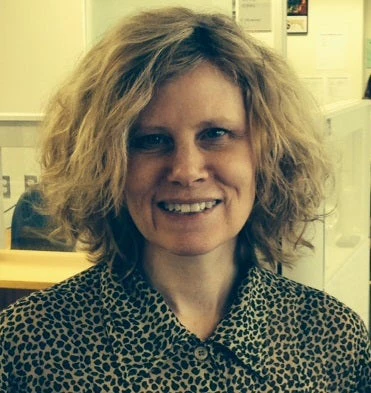How can people in developing countries gain access to Wikipedia and other sources of information if they don’t have internet? A five-person panel had some answers to this question July 11 at an event that featured experts from Wikimedia—the organization that supports Wikipedia—John’s Hopkins University-affiliated Jhpiego, and the World Bank.
“Democratizing Development through Wikipedia and Other Open Solutions,” co-sponsored by the World Bank and Wikimedia France on the eve of the Wikimania conference in Washington, highlighted promising approaches to information-sharing in places where infrastructure hasn’t kept up with the need for knowledge. One important finding: much can be done offline and with basic technologies such as mobile phones and radios.
James BonTempo, of Jhpiego said the organization’s project in Uganda used basic Nokia phones to transmit Frontline SMS educational messages to healthcare providers in remote areas. Jhpiego worked with Ugandan organizations to develop locally relevant messages, including quizzes on health topics, and sent a series of messages over two months. The result: health providers were motivated to improve handwashing—key to preventing infection, said Bon Tempo.
Wikimedia has pilot programs encouraging university students in Egypt and Brazil to contribute to Wikipedia, and plans to restart another program in India, said Asaf Bartov, head of global south relationships, for the Wikimedia Foundation.
Wikimedia is also trying to make Wikipedia content more accessible in developing countries, even where access is limited, Bartov said. One way is to remove the data charge, as has been done in Tunisia, Niger, Malaysia and Uganda. Wikipedia also allows content to be created in local languages, noted Adrienne Alix, head of operations for Wikimedia France.
“Another facet is getting content offline, for the people who need it the most, using free software that is browsable offline,” Bartov said. In Peru, the Ministry of Education’s One Laptop Per Child program distributed laptops “on a massive scale” that include offline versions of Wikipedia, he said.
Panelists talked about open source tools that have enabled educational software to be packaged and used offline in developing countries, and touched on the potential to democratize development through increasing access to information.
“Technology can be a great accelerator—such as to provide feedback on service delivery,” said World Bank Vice President of External Affairs Cyril Muller. The Bank has itself opened access to its data and research in the last two years.
Groups within developing countries are beginning to benefit from greater access to data and information. Crowdsourcing in Haiti, such as open mapping driven by outside technologists, has allowed people who are not in positions of power to do things that people in power can learn from, said Michael Trucano, senior ICT and education policy specialist for the Bank.
“The ability to share information is what literacy is about,” Trucano said.


Join the Conversation